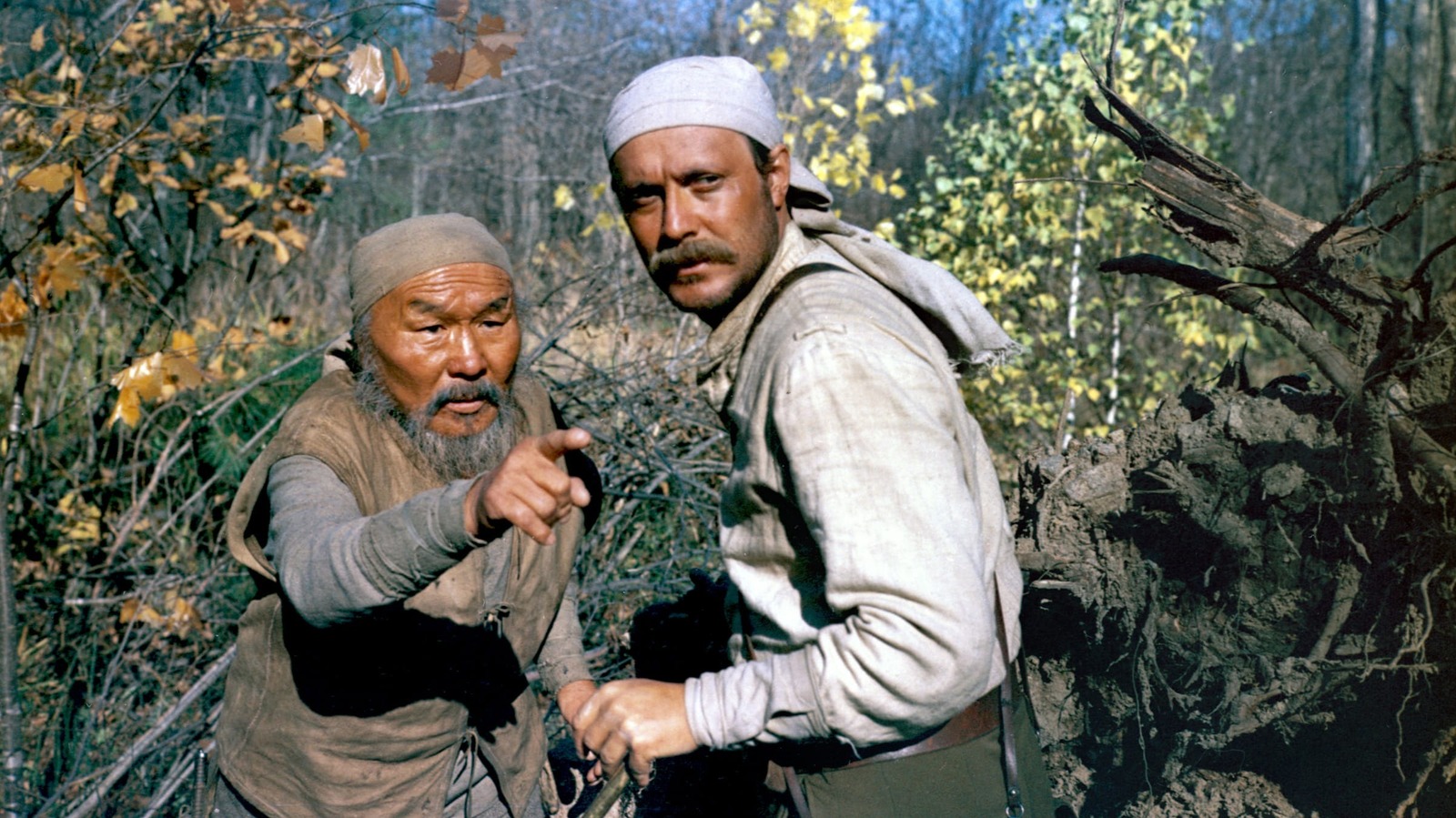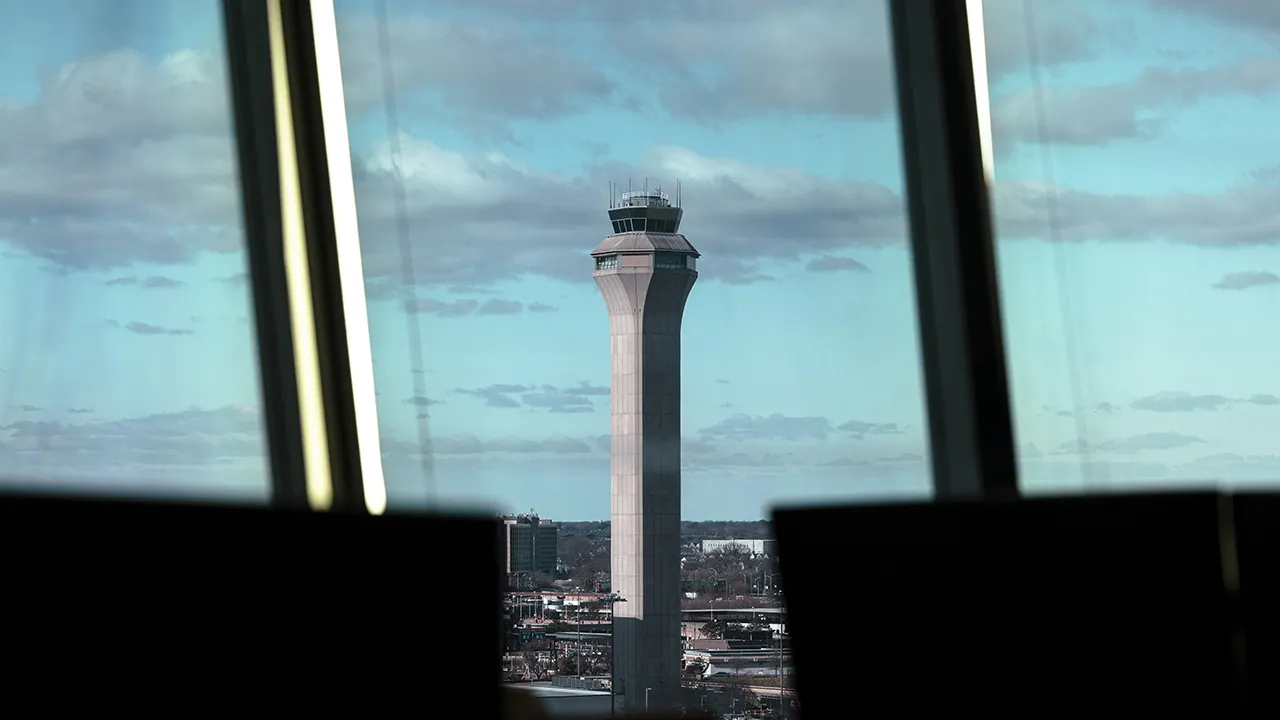Copyright slashfilm

Fast-forward five years, and Arsenyev is back in the same region on business. He decides to look up Dersu, hoping to reunite with an old friend. The two men do find each other, and for a brief period, they survive in the woods together once again. Indeed, Dersu almost kills himself trying to rescue Arsenyev and his men from some vicious rapids. But not everything is as happy as it once was. Dersu is getting older. His eyesight is failing him, and his instincts are dulling. He shoots a tiger in self-defense, and is distraught that he had to harm such a beautiful animal. Dersu eventually moves back to the big city with Arsenyev. Sadly, Dersu never feels at home. There is a devastating shot near the end of "Dersu Uzala" wherein the camera, locked down, looks at Arsenyev's family's living room. It takes a long time to realize that the pile of linens in the corner is actually Dersu, slumped over, withdrawn from life. The city is no place for a woodsman like Dersu. The ending of the film is tragic. Kurosawa, as mentioned, had total creative control over "Dersu Uzala" and took a long time to shoot it. The entire production looks like it would have been a harrowing experience, with almost every scene taking place outdoors. But Kurosawa clearly felt connected with his art once again. It may also be a relief to hear that "Dersu Uzala" was a modest hit. It wasn't a blockbuster, but it did well enough to declare that Kurosawa was still a filmmaking force to be reckoned with. Kurosawa followed "Dersu Uzala" with the Shakespeare-like "Kagemusha" in 1980, "Ran" in 1985, and several others. He died in 1998 at the age of 88.



